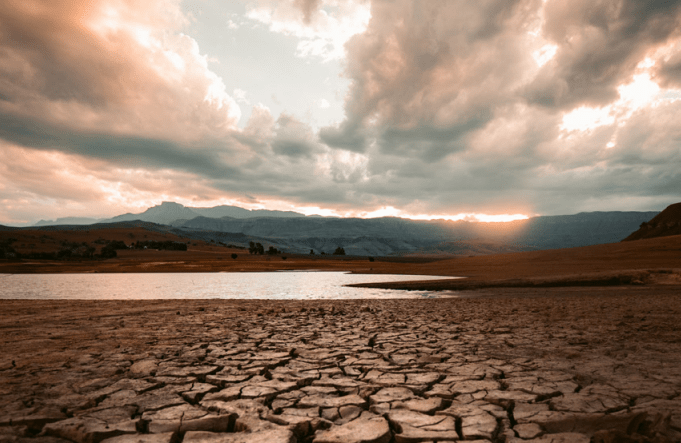The supply crisis of recent years have highlighted the need for resilience in traditional strategic sectors, says a report released by the World Economic Forum (WEF).
Reliable and cheap access to the most basic needs -food, water and energy– underpins the critical functioning of societies.
Early evidence suggests that the current crises are causing a worrying reversal of recent gains.
In 2022, according to the same report, about 200 million more people faced acute food insecurity compared to 2019, and the number of people without electricity worldwide rose to about 774 million, the equivalent of pre-pandemic levels.
Above all, supply crises of this nature can be highly destabilizing, exposing the fragility of states and leading to loss of life, widespread violence, political upheaval and involuntary migration.
Demand for food, water and essential metals and minerals is on the rise.
This reflects a number of factors, including continued population growth, projected to reach 8.5 billion by 2030, and socioeconomic advancement, with a push to achieve the UN Sustainable Development Goals (SDGs) by the 2030 deadline.
Supply crisis
Global food consumption is projected to grow 1.4% annually over the next decade, concentrated in low- and middle-income countries, against a 1.1% annual increase in production.
One estimate puts the gap between water demand and supply at 40% by 2030, with a dramatic and uneven increase in demand between countries.
Even in absolute terms, annual demand for these resources, such as graphite, lithium and cobalt, is projected to reach 450% of 2018 production levels by 2050.
Overall, the report warns that the emerging set of demand and supply concerns around natural resources is already becoming an area of growing alarm.
Respondents to the Global Risk Perception Survey identified strong relationships and bidirectional linkages between the «natural resource crises» and the other risks, pointing to the potential polycrisis that may evolve over the medium term.
![]()

